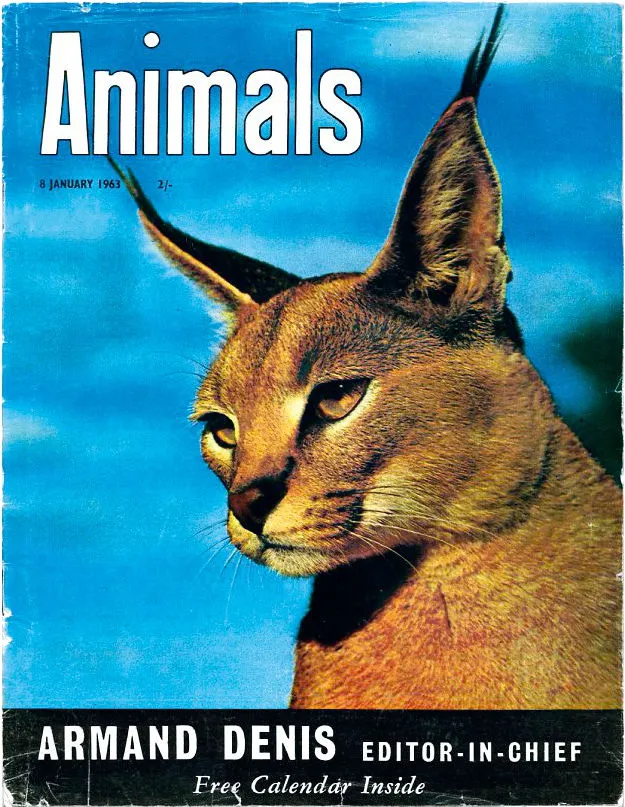About BBC Wildlife
BBC Wildlife began life as Animals Magazine, launched in January 1963 by filmmaker Armand Denis.
In his editor's welcome letter, Denis wrote “The world must now wake up to the terrible danger that many wild animals face. We do not want our children’s grandchildren to ask: ‘What was a wild animal?’" - a statement that still resonates today.
The determination to alert readers to the most pressing local, national and global conservation issues is the thread that has run through the various incarnations of the magazine over the following five decades.
In 1974, the magazine was renamed Wildlife to reflect the wider range of topics to be featured.
“Our scope will continue to be generally zoological,” noted the editor Nigel Sitwell in his editorial, “but we may now venture from time to time into the world of wild plants and other related subjects.”
The broader coverage did not bring financial security; in 1978 the magazine was sold to Reader’s Digest Publications, then in 1980 to Wildlife Publications.
But the big sea change came in November 1983 when a move to Bristol’s Broadcasting House, to work alongside the BBC’s Natural History Unit, saw the title become BBC Wildlife.
Aiming to bridge the gap between TV’s transience and the permanence of books, the first editor’s letter for the new format reiterated Denis’ sentiment: to demonstrate “through the talent of our photographers and the enthusiasm of our authors, that being a naturalist and conservationist is more than just a pastime”
